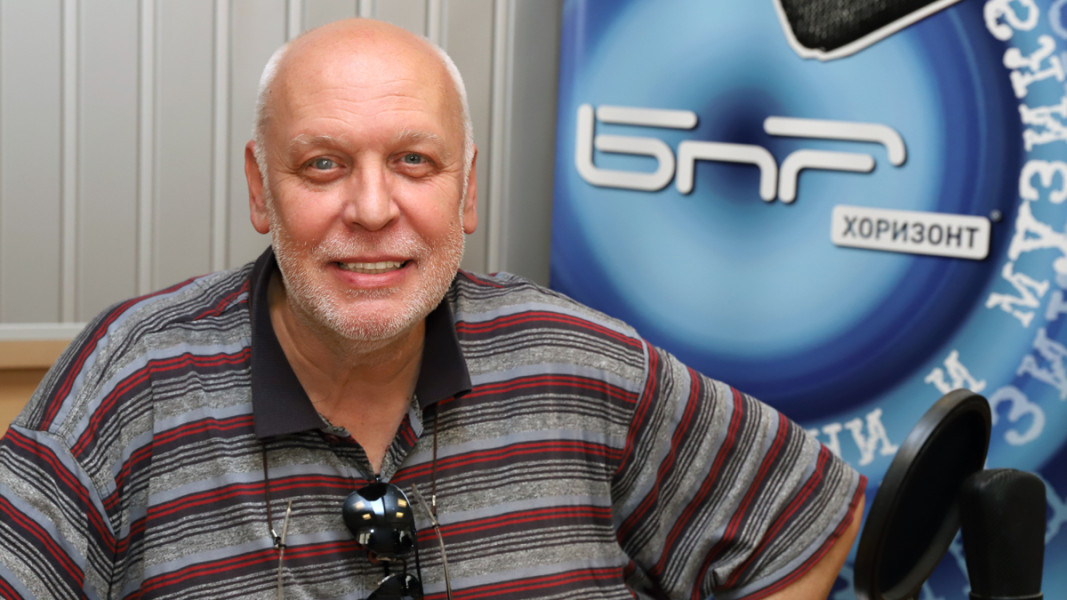A possible second lockdown in Bulgaria may be misunderstood and people may start ignoring the anti-Covid measures adopted by the authorities, instead of observing them. Such a situation can make people take to the streets, Bulgaria’s Minister of Health, Professor Kostadin Angelov explained in an interview for BNR and assured that such last resort measure was not necessary and will not yield the necessary result, because the coronavirus infection is now spreading diffusely in Bulgaria.
Uncertainty and constantly changing regulations make people become increasingly anxious. This leads to emotional outbursts and other extreme and unpredictable changes in behavior. A study of Bulgarian psychologists shows that the cases of neurotic behavior have doubled since 2017. In this sense, the disappearance of certain medicines from the pharmacies is quite normal, taking into consideration the extremes in which a person with erratic behavior falls – from passivity, self-isolation, depression and despair to a paranoid urge to rule, dominate and own.
The study was made among 1,911 Bulgarian citizens aged between 25 and 60. Psychologist Plamen Dimitrov has more:

“My conclusions are based on the survey among 1,911 people. I claim that there has been a double decline in the number of people with realistic expectations for achievements, development, support and solidarity at the expense of negativism, denial or unjustified perfectionism and expectations for the fulfillment of certain requirements. Conformism and ritualization have also grown. Many people have become even more conservative. Others began to fight for and uphold rights, freedoms and democratic principles that cannot be turned into a daily practice.”
According to the psychologist, it is high time we stopped looking for relief in conspiracy theories and waiting for the state to do something to protect us, since we are not doing it ourselves. As for the conspiracy theories, they have always existed at certain stages of our lives.
“These are periods of increased existential insecurity, when people are reminded on a daily basis that they are perishable and insignificant and that they can be exterminated by an invisible pest. This increases insecurity and anxiety and turns our psychosocial protection on. On the other hand, our psyche tries to reduce this shocking anxiety. We calm down and reduce tension, become highly religious and rely on ideals or leaders. We expect them to conduct the right policy to protect us without realizing that it is our own responsibility to protect ourselves and our relatives. ”
Compiled by: Yoan Kolev
English version: Kostadin Atanasov
Photos: Ani Petrova and BTA
The village of Hotantsa, near the Danube city of Ruse, is hosting the Hotantsa Sarma Festival , a celebration of Bulgaria’s culinary and folk heritage. Organised by the local cultural and community centre ( chitalishte ) Svetlina-1928 , the festival..
He does not accept the definition of "apostle" or "missionary", although for many he is exactly that - a messenger of God in the world, proclaiming His Word. He first became a priest in his native Vidin diocese, in Northwestern..
Over 80% of Bulgarians are expected to start using artificial intelligence in the next three years , across all age groups. Today, it is almost impossible to find a Bulgarian student who does not turn to ChatGPT when preparing homework. This..
The village of Hotantsa, near the Danube city of Ruse, is hosting the Hotantsa Sarma Festival , a celebration of Bulgaria’s culinary and folk heritage...
He does not accept the definition of "apostle" or "missionary", although for many he is exactly that - a messenger of God in the world,..

+359 2 9336 661
